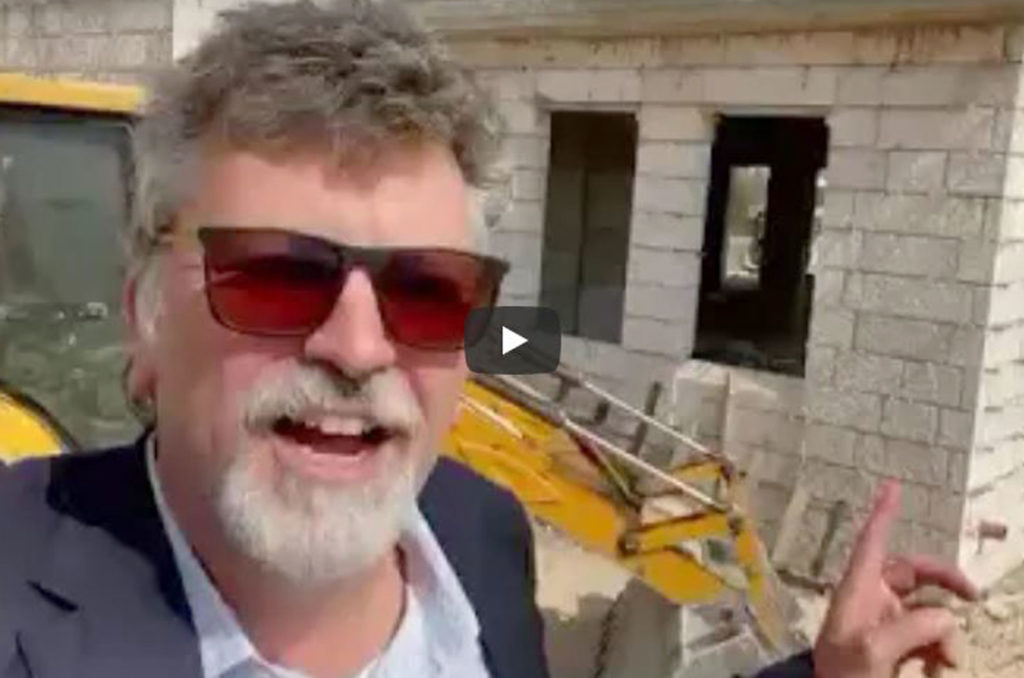Apr, 2011
A key building block to Anera’s new Early Childhood Education Program (ECD) in the West Bank is capacity-building.
As part of the initial pilot program, Anera’s team already has developed and facilitated intensive training courses for 23 preschool teachers and managers from four designated preschools in the Bethlehem and Nablus regions of the West Bank. The rigorous two-week courses covered fundamentals of early childhood care and education including child development, child rights, learning theories, safety, classroom organization, expressive arts, play and much more.
The training provided tools and knowledge about active learning, room arrangements, adult support and professionalism. But it also offered special mentoring, feedback and follow-up.
Anera’s Childhood Education Coordinator Sulaima Abu Al-Haj conducted much of the training and follow-up. “The teachers are significantly improving and it’s reflecting positively on the preschoolers,” she said. “They focus more on planning and time-management now. They’ve become more attentive to the kids and their needs. They arrange them in smaller groups, and they listen more and give them the chance to speak out.”
Abu Al-Haj already sees positive results in the classroom. “The teachers are more confident in trying out new activities they’ve been exposed to during the training. They’re enjoying their time with the children and that’s extremely important!” She says that adopting the open-class approach and discarding conventional, teacher-oriented methods have transformed the preschoolers from passive students to active participants in the classroom.
Ahmad Ben-Hanbal Preschool’s principal Fatima Jundiyyeh is also impressed by the improvement of the teachers. “We’ve all greatly benefited from Sulaima’s feedback. We have adapted our preschool policies to accommodate the changes in our games and activities. I see that the children interact better and are more comfortable and energetic. They’re growing right before our eyes.”
Areej Mlitat, a teacher at the Nablus Governmental Preschool, says “my preschoolers enjoy expressive arts the most and, although it allows for some amount of freedom, the children are always supervised and guided. Children need organization and clarity; not aimless, haphazard activities.” With only eight months experience as a teacher Areej welcomes the training and mentoring. The mother of two says her training helps at home too. “I apply what I’ve learned in training on my own daughters. Now when I buy toys and books for them I’m always looking for age-suitable, educational materials.”
Training is a key element but only one part of the overall strategy. The four schools were renovated to make them more child-friendly and child-safe. Quality was foremost in everyone’s mind.
Anera’s Education Program Manager Sulieman Mleahat also underlines the need to work with key educational stakeholders and ensure that preschool education is an integral part of an overall national early childhood strategy which Anera is helping to develop: “Our approach to childhood development is comprehensive and seeks to address most of the issues that can impact the quality of early childhood care and education.” Anera’s initiative, which is endorsed by the Ministry of Education, counts on incorporating family and community as valuable partners in child development.
The ECD initiative was launched in November, 2009. It includes curriculum and national standards development and capacity building for preschool educators, mentoring programs for teachers, and infrastructure upgrades at selected preschools.


